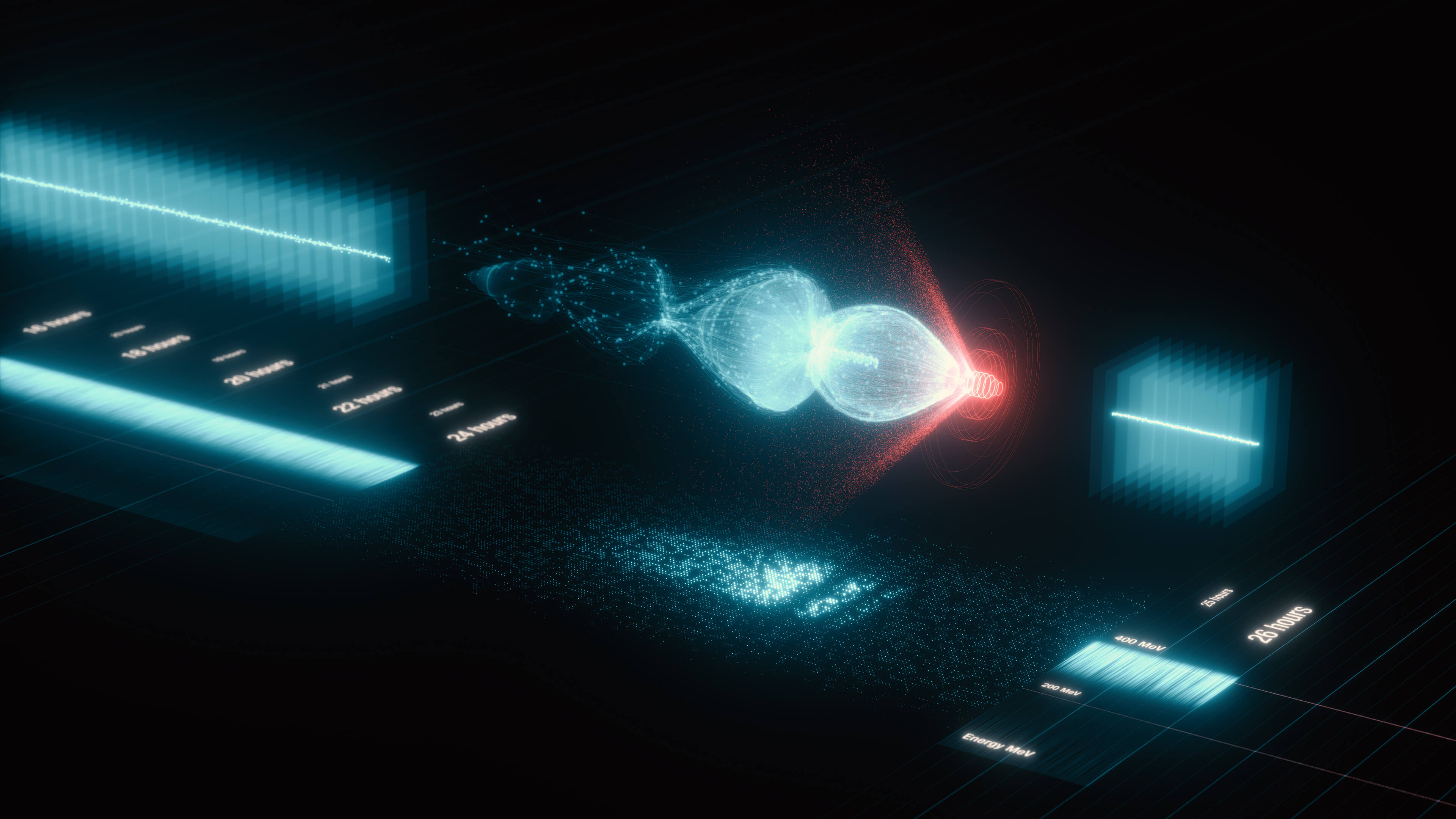Funded by Horizon Europe's Marie Skłodowska-Curie Actions, the EPACE doctoral network offers 15 PhD projects with secondments and extensive trainings to perform cutting-edge research and act as an EU innovation accelerator.
Calls for following research projects are still open (application deadline: May 30, 2025 - midnight)
-
Project 3: Machine-Learning-Enhanced Laser Plasma Accelerators
-
Project 4: Tailored Plasma Targets for Laser Wakefield Acceleration
-
Project 5: Production of High-Density Spin-Polarized Hydrogen-Atom Target
-
Project 6: Spin polarisation in plasma accelerators
-
Project 11: Inverse Compton Scattering X-ray Source from a High Repetition Rate Laser Wakefield Accelerator
-
Project 13: Theoretical Study of Superluminal Laser-Plasma Acceleration
Calls for further EPACE research projects might re-open by the end of May 2025, please regularly check our website to stay informed.
Contact: lisa.crinon@desy.de

A Focus on Compact Accelerators and Innovation
EPACE (European compact accelerators, their applications, and entrepreneurship) is funded by the prestigious Marie Skłodowska-Curie Actions, the EU’s flagship program for doctoral education and postdoctoral training of researchers. It aims at educating the next generation of scientists on compact accelerator technologies and exploring applications and commercial opportunities. The consortium consists of 9 academic collaborators and 1 private company spanning over 7 EU countries, as well as 22 associated partners worldwide.
Started on January 1, 2025, the four-year-long program funds 15 PhD projects to perform cutting-edge research. In addition, the students participating in the program will undergo comprehensive technology transfer training including secondments at partner institutions and companies, network-wide events and summer schools (covering accelerator science, plasma physics, high-performance computing, photon science, and radiotherapy as well as transferable skills such as courses in scientific presenting, writing and communication). On top of this, the students will receive instruction in entrepreneurship provided by French business school HEC (École des hautes études commerciales de Paris) to identify commercial opportunities around compact accelerators and assess their viability.
At the intersection of various scientific domains, novel compact accelerators (in particular plasma accelerators) and laser-based x-ray sources could shrink the cost and size of accelerators and open up new domains of applications in various fields of science. EPACE pools R&D efforts to expose the commercial opportunities of this state-of-the-art technology.
See the 15 doctoral projects in EPACE
Applications will open 1st April, for a starting date of the PhD candidates in September 2025. Besides standard conditions, applicants must satisfy the Marie Skłodowska-Curie Actions Mobility Rule:
"They must not have resided or carried out their main activity (work, studies, etc.) in the country of the selected Host Institution for more than 12 months in the 36 months immediately before the call deadline. Compulsory national service and short stays such as holidays are not considered."
More details can be found on the EU website, this will be checked during selection. Each PhD project is funded for a duration of three years.
Consortium
- Deutsches Elektronen-Synchrotron DESY https://www.desy.de
- The French Alternative Energies and Atomic Energy Commission CEA https://www.cea.fr/english
- The Foundation for Research and Technology - Hellas FORTH https://www.forth.gr/en/home
- The Center for Physical Sciences and Technology FTMC https://www.ftmc.lt/en
- Ludwig-Maximilians-Universität München LMU https://www.lmu.de/en/about-lmu
- The National Centre for Scientific Research CNRS https://www.cnrs.fr/en
- Eindhoven University of Technology TU/e https://www.tue.nl/en
- Universität Hamburg UHH https://www.uni-hamburg.de/en.html
- Lund University ULUND https://www.lunduniversity.lu.se
- GScan OÜ https://www.gscan.eu
